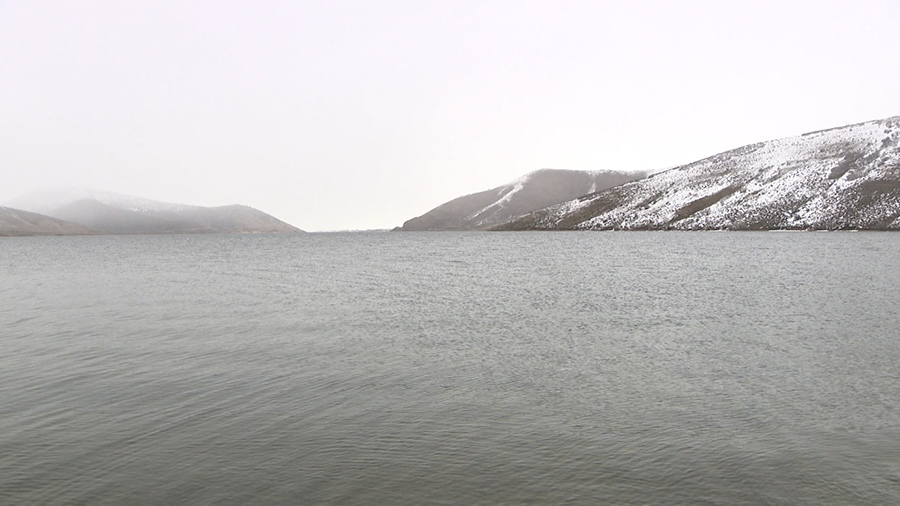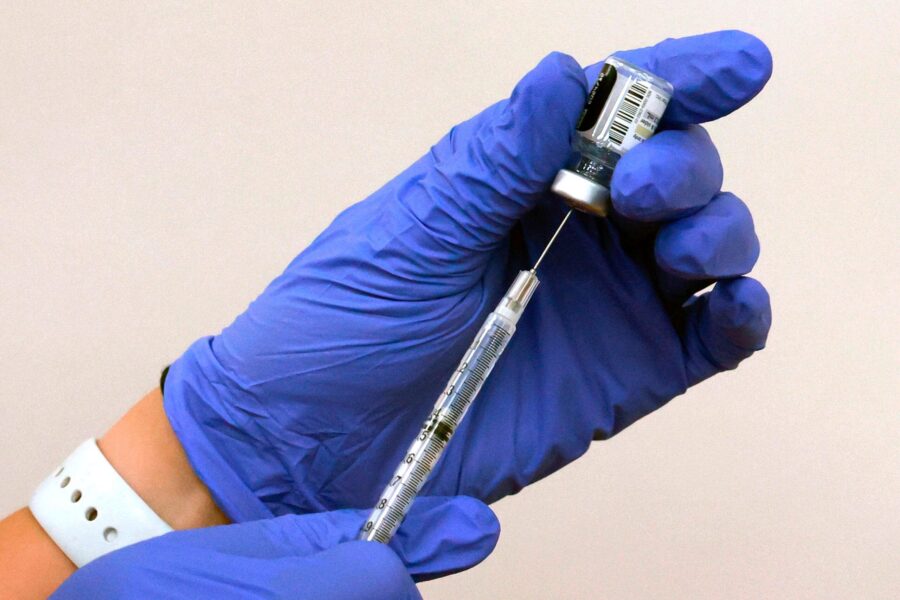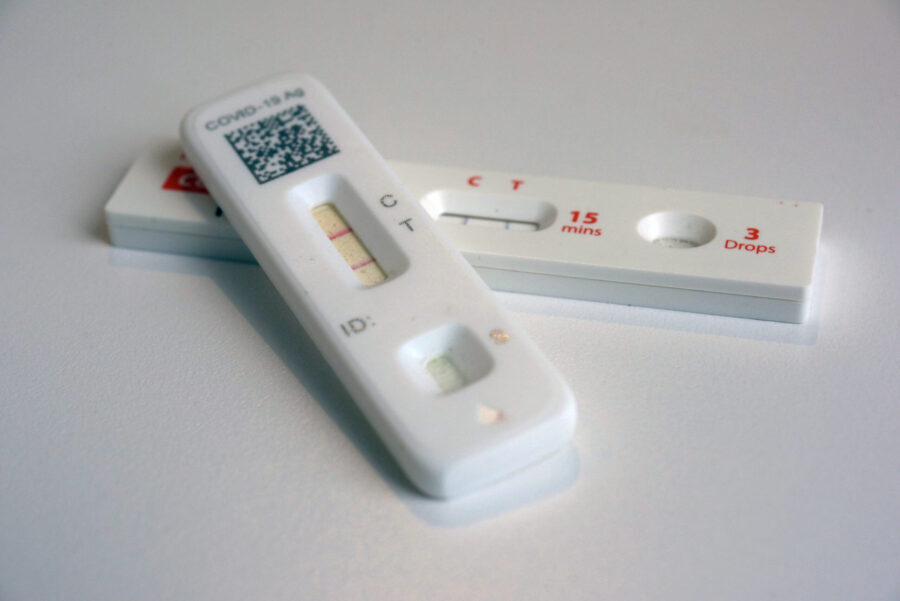Utility Officials: Utah’s Water Is Safe; Stop Hoarding Bottled Water
Mar 17, 2020, 7:50 PM | Updated: 9:37 pm
HUNTSVILLE, Utah – Several water utilities across Utah have been trying to get the word out that there’s no need to hoard bottled water.
They said you won’t find any coronavirus in your tap, and you won’t see the water supply shut off, either.
You never worry about catching the flu or cold through tap water, and officials said COVID-19 isn’t any different.
Coronavirus is not a waterborne illness.
If you do end up quarantined, you will have plenty of safe tap water to drink. Officials at the Weber Basin Water Conservancy District showed KSL why.
General manager and CEO of the water district, Tage Flint explained the process.
Well before your water comes out of the tap, and a far cry from what it was outdoors, drinking water is put through a lot to make it safe.
“We’re getting more questions, about not only this virus, but any other viruses that might be out there in their drinking water,” said Flint.
He said there’s a lot more curiosity about the tap water than usual now, even though little to nothing has changed at their state-of-the-art water treatment plant.
It starts as the thicker sediment is separated from the water. It takes two to four hours for the water to get from one end of the filtering pools to the other.
The water then makes it over to another building where it’s all filtered again.
“The filtration occurs at a very slow rate, per square foot of the filter, and that’s on purpose so that it has plenty of time to scrub the water as it passes through the filter media,” said Flint.
The water comes out clear on the other end, and then goes through ozone generators that kill of any biological agents.
It then moves down through pipes, and Flint said at this point, it’s perfectly safe to drink, but they’ve one last step within the past several years.
“We are using an ultraviolet sterilization unit to inactivate any additional particulates that might be in the water,” he said,
The filtered water undergoes constant testing in an on-site laboratory.
The process and availability of clean, abundant drinking water from the tap leads Flint’s team to question why the grocery stores have run out of bottled water.
“We are a little bit taken back by how much product has been sold in the stores, through bottled water, when we know well that the supply here is safe, and easy to use, and certainly a lot cheaper,” Flint said.
You’re going to see something similar to that, statewide. Flint said there are measures in place to make sure someone will always be at the treatment plant to keep the water running.
Coronavirus Resources
- Have you or a family member been affected by coronavirus issues in Utah? KSL TV wants to hear from you. Contact KSL by emailing social@ksl.com.
- What is COVID-19? Here’s What You Need To Know To Stay Healthy
- What We Know And Don’t Know About The Coronavirus
- Four Common Coronavirus Questions Answered
- The latest coronavirus stories from KSL TV can be found at our Staying Safe: Coronavirus section.
- Your Life Your Health: How can parents prepare their home, children against coronavirus?
How Do I Prevent It?
The CDC has some simple recommendations, most of which are the same for preventing other respiratory illnesses or the flu:
- Avoid close contact with people who may be sick
- Avoid touching your face
- Stay home when you are sick
- Cover your cough or sneeze with a tissue and then throw the tissue in the trash
- Wash your hands often with soap and water for at least 20 seconds, especially after going to the bathroom, before eating, and after blowing your nose, coughing or sneezing. Always wash your hands with soap and water if your hands are visibly dirty.
- If soap and water are not readily available, use an alcohol-based hand sanitizer with at least 60% alcohol.
The CDC does not recommend wearing a face mask respirator to protect yourself from coronavirus unless a healthcare professional recommends it.
How To Get Help
If you’re worried you may have COVID-19, you can contact the Utah Coronavirus Information Line at 1-800-456-7707 to speak to trained healthcare professionals. You can also use telehealth service through your healthcare providers.
Additional Resources
If you see evidence of PRICE GOUGING, the Utah Attorney General’s Office wants you to report it. Common items in question include toilet paper, water, hand sanitizer, certain household cleaners, and even cold medicine and baby formula. Authorities are asking anyone who sees price gouging to report it to the Utah Division of Consumer Protection at 801-530-6601 or 800-721-7233. The division can also be reached by email at consumerprotection@utah.gov.












